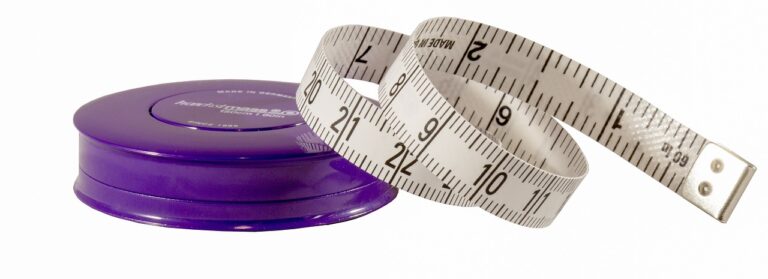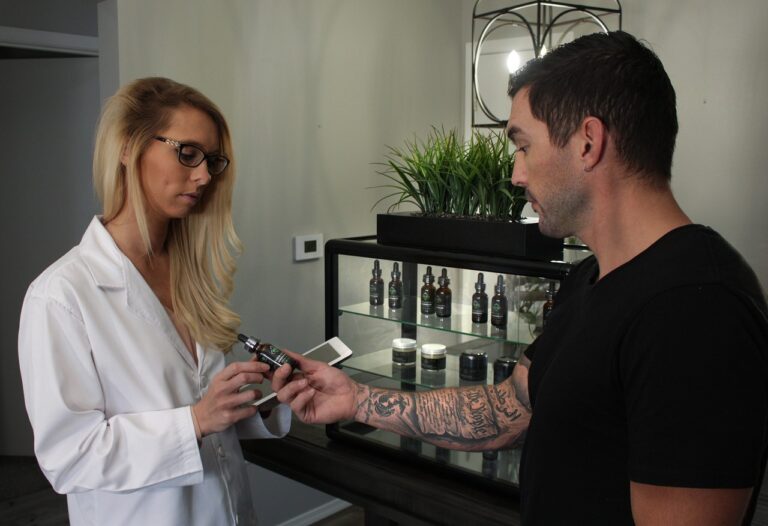Advances in Cardiac Rehabilitation for Stroke Survivors: 11xplay online id, Anna reddy book, Golden7777.com admin
11xplay online id, anna reddy book, golden7777.com admin: Advances in Cardiac Rehabilitation for Stroke Survivors
Cardiac rehabilitation is a crucial aspect of recovery for stroke survivors. It involves a holistic approach to improving cardiovascular health, including exercise, diet, stress management, and education. Recent advances in cardiac rehabilitation have made significant strides in helping stroke survivors regain their strength and improve their overall well-being.
Understanding the Importance of Cardiac Rehabilitation for Stroke Survivors
After experiencing a stroke, survivors often face numerous challenges in regaining their physical and mental capabilities. Cardiac rehabilitation plays a vital role in helping stroke survivors rebuild their strength, endurance, and overall cardiovascular health. By participating in a structured rehabilitation program, stroke survivors can improve their quality of life, reduce the risk of future cardiovascular events, and enhance their overall well-being.
The Role of Exercise in Cardiac Rehabilitation for Stroke Survivors
Exercise is a cornerstone of cardiac rehabilitation for stroke survivors. Regular physical activity can help improve cardiovascular function, increase endurance, and reduce the risk of secondary complications. Recent advancements in exercise programs for stroke survivors have focused on individualized, tailored exercise prescriptions that take into account the unique needs and abilities of each individual. These personalized exercise programs have been shown to be more effective in improving cardiovascular health and overall well-being compared to generic exercise plans.
The Benefits of Nutrition in Cardiac Rehabilitation for Stroke Survivors
Nutrition plays a critical role in cardiac rehabilitation for stroke survivors. A healthy diet can help improve cardiovascular health, manage weight, and reduce the risk of future cardiovascular events. Recent advancements in nutritional counseling for stroke survivors have focused on promoting a balanced diet rich in fruits, vegetables, whole grains, and lean proteins. By working with dietitians and nutritionists, stroke survivors can learn how to make healthier food choices and improve their overall well-being.
The Importance of Stress Management in Cardiac Rehabilitation for Stroke Survivors
Stress management is another important component of cardiac rehabilitation for stroke survivors. Stress can have a negative impact on cardiovascular health and overall well-being. Recent advancements in stress management techniques for stroke survivors have focused on mindfulness-based practices, relaxation techniques, and cognitive-behavioral therapy. By learning how to effectively manage stress, stroke survivors can improve their cardiovascular health, reduce their risk of future cardiovascular events, and enhance their overall well-being.
The Role of Education in Cardiac Rehabilitation for Stroke Survivors
Education is a critical component of cardiac rehabilitation for stroke survivors. By providing stroke survivors with the knowledge and skills they need to take control of their cardiovascular health, education can empower them to make informed decisions about their care and lifestyle choices. Recent advancements in education for stroke survivors have focused on providing comprehensive information about stroke risk factors, warning signs, treatment options, and self-care strategies. By equipping stroke survivors with the tools they need to manage their cardiovascular health, education can help improve outcomes and enhance quality of life.
The Future of Cardiac Rehabilitation for Stroke Survivors
As advancements in cardiac rehabilitation continue to evolve, the future holds great promise for stroke survivors. By incorporating the latest research findings, technologies, and treatment modalities, cardiac rehabilitation programs for stroke survivors are becoming more effective, personalized, and comprehensive. Through a multidisciplinary approach that addresses the physical, emotional, and social aspects of recovery, cardiac rehabilitation can help stroke survivors achieve optimal cardiovascular health and overall well-being.
FAQs
1. What is the duration of a typical cardiac rehabilitation program for stroke survivors?
Most cardiac rehabilitation programs for stroke survivors last for about 12 weeks, with sessions typically held two to three times per week. However, the duration and frequency of the program can vary depending on individual needs and goals.
2. Is cardiac rehabilitation covered by insurance for stroke survivors?
Many insurance plans, including Medicare, cover cardiac rehabilitation for stroke survivors. It is essential to check with your insurance provider to determine coverage eligibility and requirements.
3. Can stroke survivors with mobility issues participate in cardiac rehabilitation programs?
Yes, cardiac rehabilitation programs can be tailored to accommodate stroke survivors with mobility issues. Depending on individual needs, exercise programs can be modified to include seated exercises, adaptive equipment, and low-impact activities.
4. What are the long-term benefits of participating in cardiac rehabilitation for stroke survivors?
Long-term benefits of cardiac rehabilitation for stroke survivors include improved cardiovascular health, increased endurance, reduced risk of future cardiovascular events, enhanced quality of life, and better overall well-being. By committing to a cardiac rehabilitation program, stroke survivors can achieve lasting improvements in their health and recovery.
5. How can I find a cardiac rehabilitation program for stroke survivors in my area?
To find a cardiac rehabilitation program for stroke survivors in your area, you can inquire with your healthcare provider, hospital, or rehabilitation center. Additionally, you can visit the American Association of Cardiovascular and Pulmonary Rehabilitation website to locate accredited programs near you.
In conclusion, advances in cardiac rehabilitation for stroke survivors are paving the way for improved outcomes, enhanced quality of life, and better overall well-being. By incorporating personalized exercise programs, nutritional counseling, stress management techniques, education, and the latest research findings, cardiac rehabilitation programs are becoming more effective, comprehensive, and tailored to individual needs. By embracing these advancements and committing to a cardiac rehabilitation program, stroke survivors can embark on a journey to optimal cardiovascular health and recovery.







